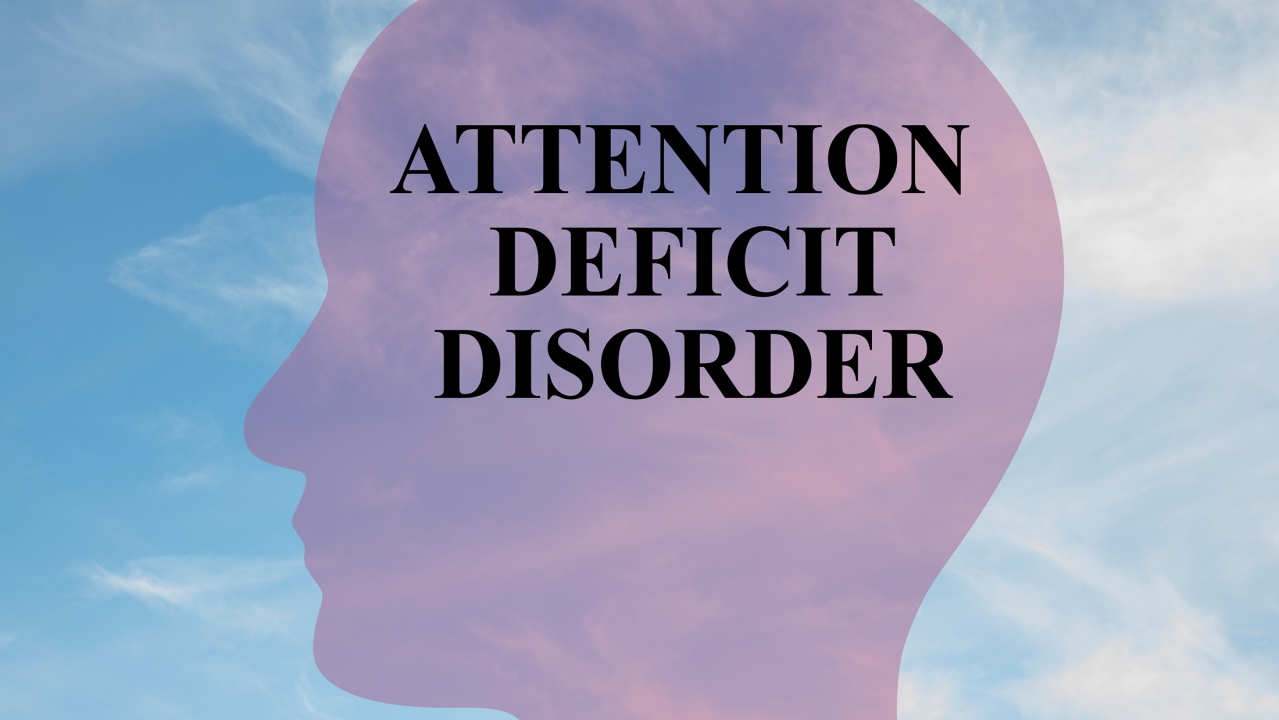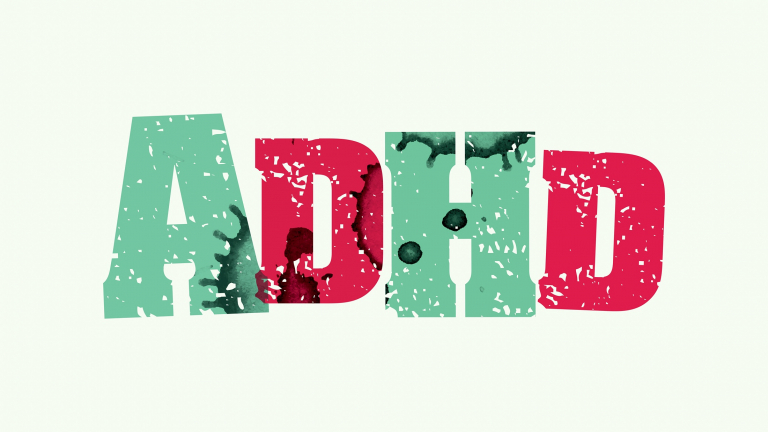These programs are especially important for individuals who has difficulty focusing on tasks, following instructions, and organizing their thoughts. Students with ADHD are a particularly sensitive group in terms of disturbances in behavior, social competence, and school performance (Graziano & Garcia, 2016; Sciutto, Terjesen, & Frank, 2000) and for whom the introduction of similar programs is necessary (Becker et al., 2020; Leland, 2015; Docksai, 2013). In the following I try to briefly summarize the effects of wellbeing activities among individuals with ADHD.
Utrecht University's Wellbeing Weeks aim to cover wellbeing as a whole and is as diverse and inclusive as possible (Utrecht University, 2023). Thus, it covers mental, physical, and spiritual well-being, but also financial, environmental, intellectual, professional and social aspects to scope the whole spectrum of wellbeing. In May I participated in several programs offered by the University, such as morning yoga at the beautiful Janskerk church, a lay down and listen event, which covered an orchestra concert which we could listen to from the comfort of ours sleeping bags, yoga mats or while we journaled or just immersed in our thoughts. Rocycle classes, pole sport, cheerleading and running clinics were also part of the physical exercise programs offered. Clay and paint classes and mindfulness meditation practices were organized to help with students’ concentration, relaxation, and student success (Leland, 2015). Besides these, several workshops and lectures were held, and methods introduced to maintain or improve the aspects of wellbeing mentioned before.
Among individuals with ADHD participating in structured activities that require focus and concentration can improve their focus and attention skills. By implementing strategies such as organization, providing a structured environment, and implementing a reward system, students with ADHD can be given a familiar and comforting setting that helps them avoid the negative effects of overstimulation, inattentiveness, and social difficulties (Higgins, Sluder, Richards & Buchanan, 2018). Activities like participating in sports games, playing in teams, playing board games often involve following instructions, coordinating movements, and maintaining concentration, which can enhance their ability to stay on task. Maintaining a regular schedule and participating in frequent activities can offer individuals a feeling of stability, predictability, and organization, which in turn aids them in effectively managing their symptoms (Graziano & Garcia, 2016; Ek & Isaksson, 2013; Hirvikoski et al., 2011).
Participating in group activities, such as team sports, music ensembles, or art workshops, can enhance social skills in individuals with ADHD. However, we must be attentive to not overstimulate individuals with ADHD, similarly in process-oriented therapy groups the aim is to provide a safe, supportive, and fun atmosphere where youth can increase their self-esteem, peer relations, self-awareness, self-control, social skills, and conflict resolution skills (Mircheff, 2007). For adults with ADHD set strategies, inspiration, facilitating support, and feelings of togetherness with other people can help them to become more independent and perform better in everyday activities (Ek & Isaksson, 2013). Physical activity interventions have been found to lead to significant improvements in functioning, especially for tasks that require higher executive functioning (Meggs, Young & Mckeown, 2023). Regular physical activity can help reduce restlessness, impulsivity, and hyperactivity associated with the condition. Art classes can provide individuals with ADHD an opportunity for self-expression and allow them to channel their emotions into a tangible form, helping to reduce stress and anxiety while fostering a sense of accomplishment and self-esteem (Green, Drewes & Kominski, 2013).
In summary, this essay highlights the growing body of evidence that suggests that engaging in wellbeing activities can significantly benefit individuals with ADHD, leading to improved outcomes and overall quality of life. Research findings that demonstrate improvements in attention, impulse control, executive functions, self-esteem, and overall psychological well-being among those who regularly engage in these activities are highlighted.
References:
Docksai, R. (2013). A mindful approach to learning. Futurist, 47(5), 8-10.
Ek, A., & Isaksson, G. (2013). How adults with ADHD get engaged in and perform everyday activities. Scandinavian Journal of Occupational Therapy, 20(4), 282-291.
Graziano, P. A., & Garcia, A. (2016). Attention-deficit hyperactivity disorder and children's emotion dysregulation: A meta-analysis. Clinical psychology review, 46, 106-123.
Green, E. J., Drewes, A. A., & Kominski, J. M. (2013). Use of mandalas in Jungian play therapy with adolescents diagnosed with ADHD. International Journal of Play Therapy, 22(3), 159–172. https://doi.org/10.1037/a0033719
Higgins, A. K., Sluder, J. B., Richards, J. M., & Buchanan, A. M. (2018). A new and improved physical education setting for children with ADHD. Strategies, 31(4), 26-32.
Hirvikoski, T., Waaler, E., Alfredsson, J., Pihlgren, C., Holmström, A., Johnson, A., ... & Nordström, A. L. (2011). Reduced ADHD symptoms in adults with ADHD after structured skills training group: results from a randomized controlled trial. Behaviour research and therapy, 49(3), 175-185.
Langberg, J. M. (2020). Remote learning during COVID-19: Examining school practices, service continuation, and difficulties for adolescents with and without attention-deficit/hyperactivity disorder. Journal of Adolescent Health, 67(6), 769-777.
Leland, M. (2015). Mindfulness and student success. Journal of Adult Education, 44(1), 19-24.
Meggs, J., Young, S., & Mckeown, A. (2023). A narrative review of the effect of sport and exercise on ADHD symptomatology in children and adolescents with ADHD. Mental Health Review Journal.
Mircheff, S. G. (2007). " Process oriented group therapy for children": teaching social skills to children who have symptoms of ADHD (Doctoral dissertation, California State University, Northridge).
Sciutto, M. J., Terjesen, M. D., & Frank, A. S. B. (2000). Teachers' knowledge and misperceptions of attention‐deficit/hyperactivity disorder. Psychology in the Schools, 37(2), 115-122.
Utrecht University website: https://students.uu.nl/en/homepage/guidance-and-development/student-wellbeing/wellbeing-week









